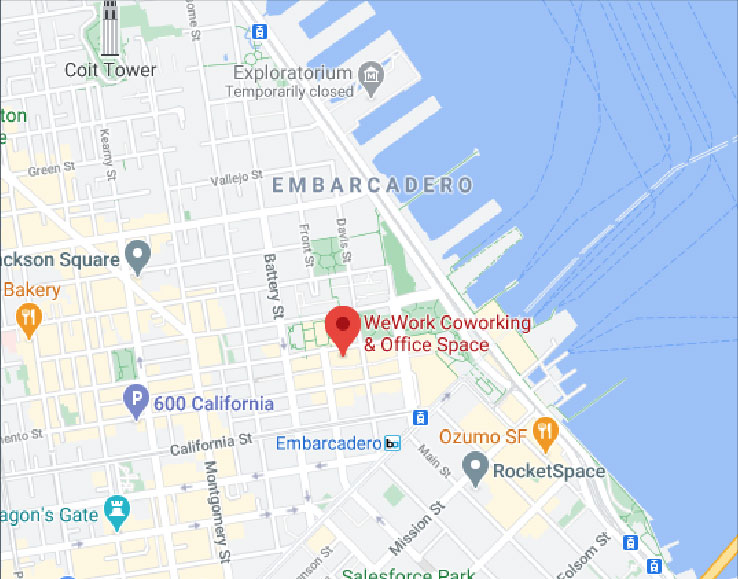Vessel Flag And Nationalty
Under international law, every merchant ship must be registered with a country, known as the flag state. Indeed, one of the premises of the principle of freedom of the high seas is that all states have the right to grant nationality to a vessel. The International Maritime Organization(IMO), a United Nations body of which the United States is a member, “requires all ships engaged in international trade to have a country of registry in order to sail on international waters.”
Article 4 of the 1958 of the United Nations Convention on the High Seas states that “[e]very State, whether coastal or not, has the right to sail ships under its flag on the high seas.” Article 5 of the same Convention further stipulates, that “[e]ach State shall fix the conditions […] for the right to fly its flag.”
Flowing from this right of flag States to sail ships on the high seas is the prerogative of the flag States to exercise certain rights and duties upon those ships. For example, the flag State, the state granting nationality to a vessel, has exclusive jurisdiction over that vessel on the high seas. Additionally, the flag State is responsible for ensuring that the vessel is safe to sail and to check on that crew’s working conditions. By opting to re-flag in a new nation, a vessel owner becomes subject to the safety, labor and environmental codes of that nation. See Maritime attorney Carlos F. Llinás recent publication on vessel flags and nationality.
If you have questions on vessel nationality and flag requirements, contact us for a free consultation.
Office Locations

Nelson & Fraenkel LLP
601 South Figueroa Street
Suite 2050
Los Angeles, CA 90017
PH 844-622-6469 (toll-free)

8th Floor






